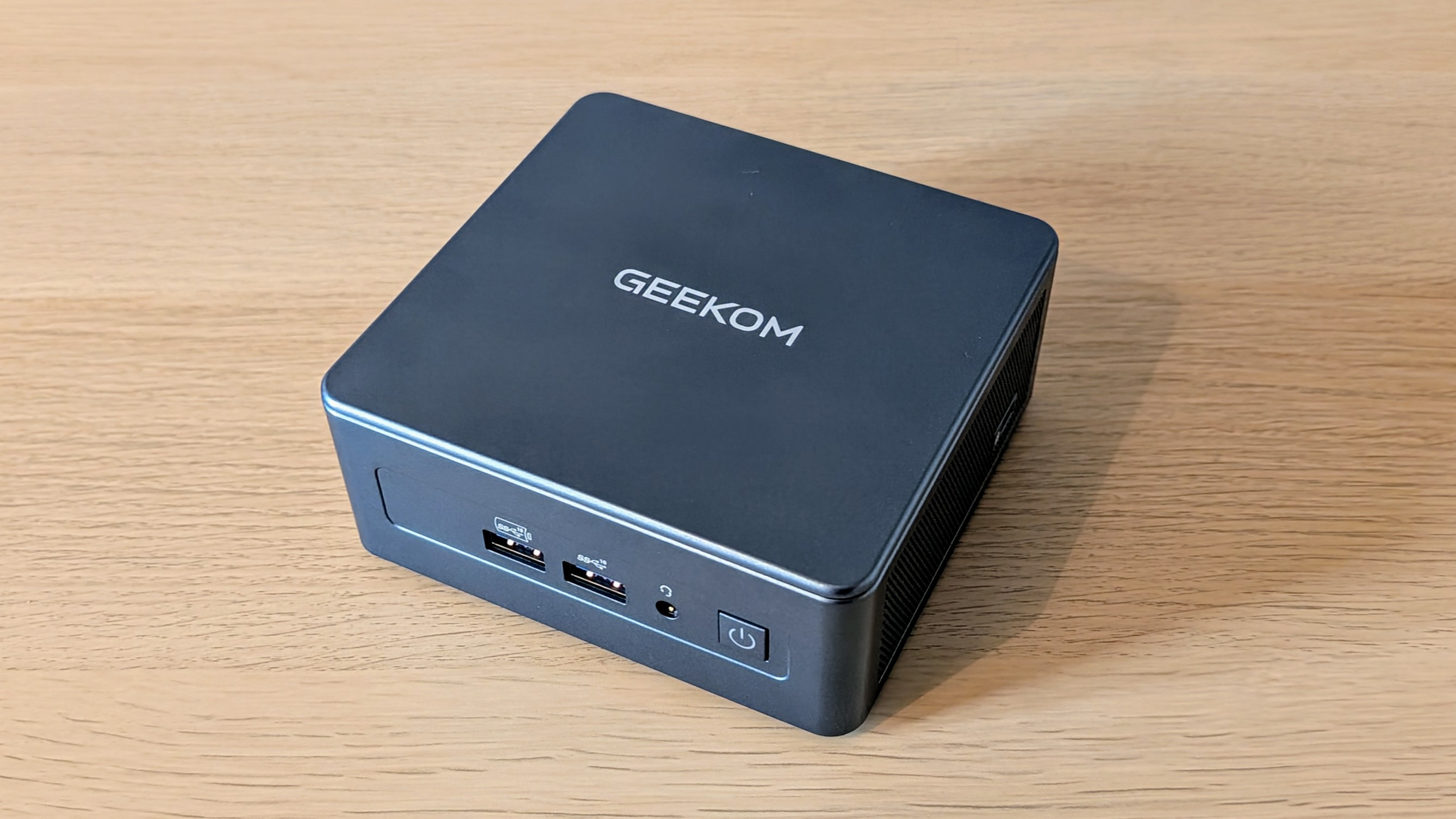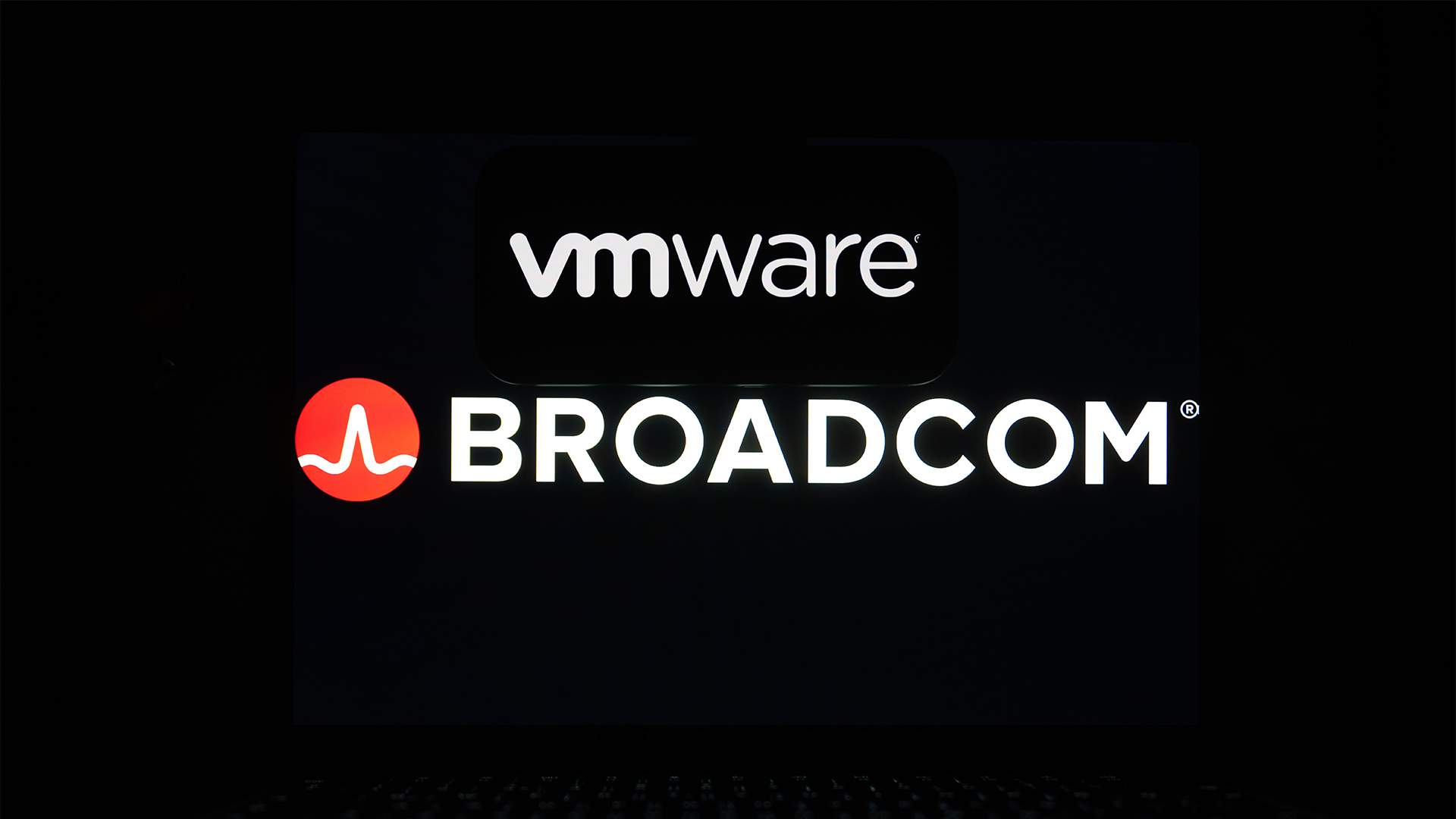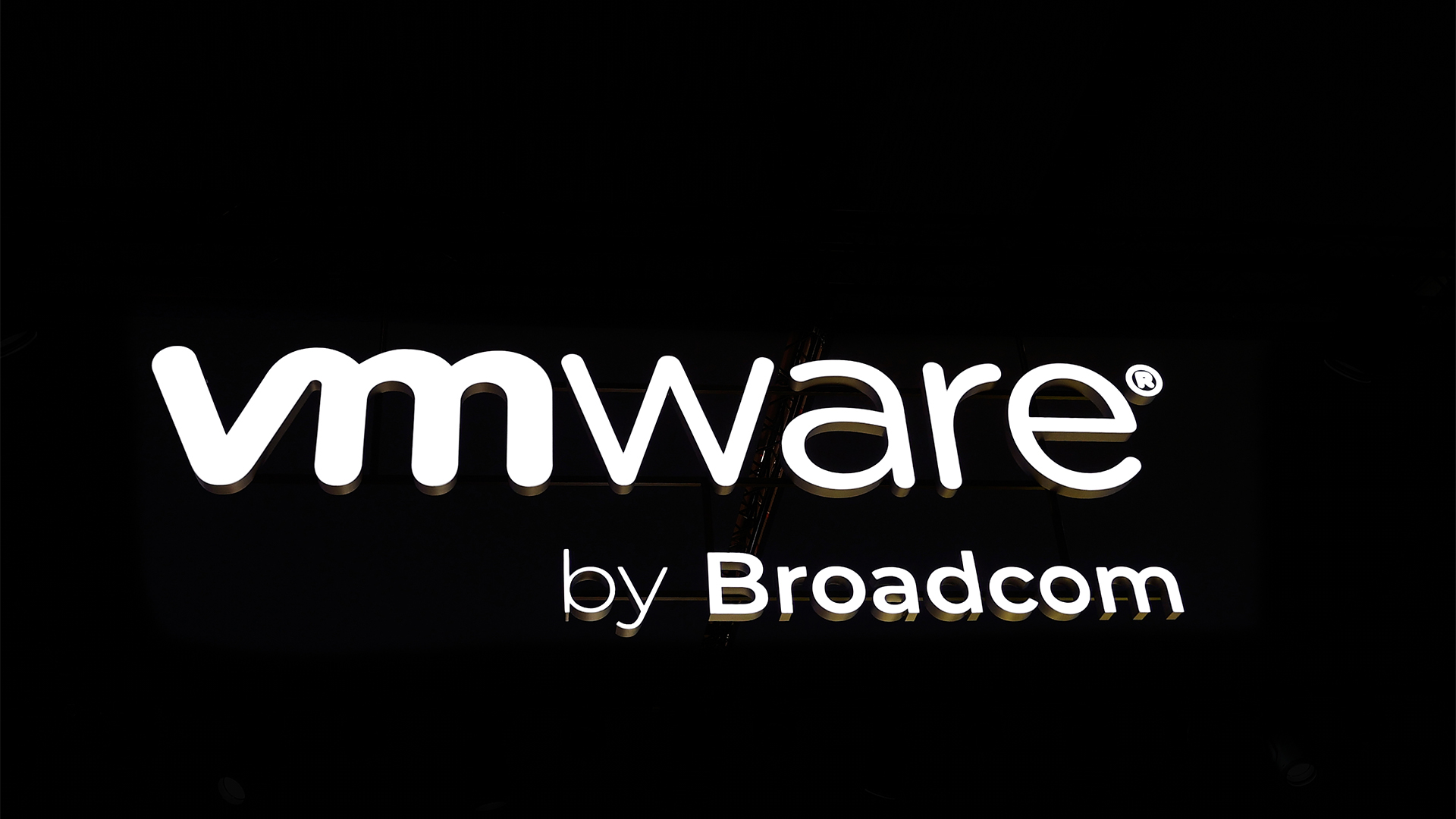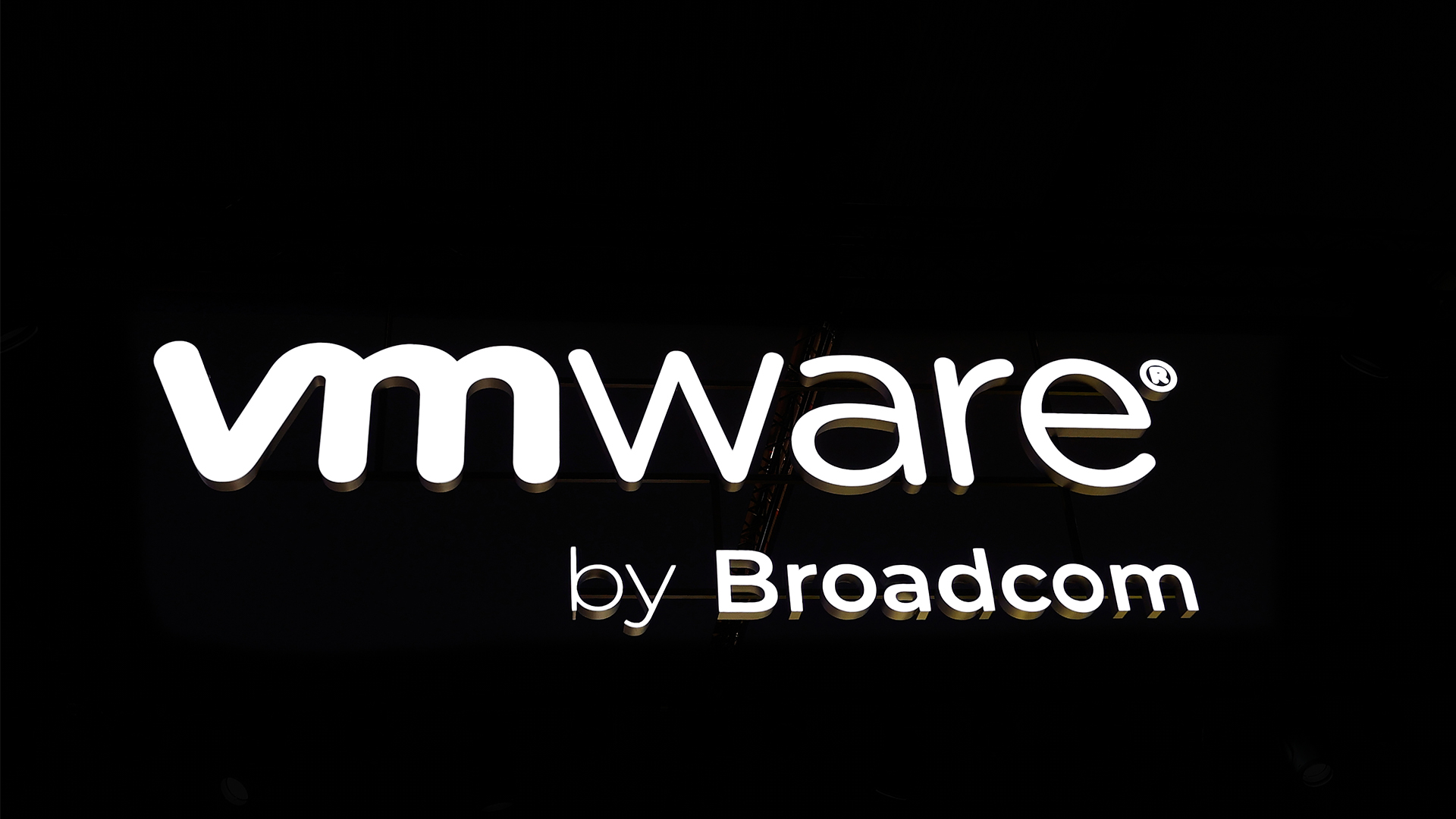Cloud repatriation may be nipping at hyperscaler market share, but it’s a boon for VMware
The firm’s private cloud offerings put it in a strong position to aid customers moving workloads out of the public cloud – but repatriation can’t be the only conversation


Cloud repatriation presents an opportunity for VMware, according to company executives, amid reports that hyperscalers are feeling the heat from enterprises moving workloads back to private setups.
VMware is actively targeting repatriated workloads to shift them onto the VMware Cloud Foundation (VCF) platform, Broadcom’s UK&I managing director Tamar Brooks told press at VMware Explore 2024.
“We would definitely be trying to make sure we capture those and put them on the VCF private cloud, definitely,” Brooks said.
Broadcom’s EMEA CTO Joe Baguley echoed a similar sentiment, telling ITPro it’s the firm’s job to remind users of private cloud’s necessity and its continued role as a critical aspect of enterprise IT infrastructure.
“You're going to be running stuff that's your infrastructure, your platform. You're going to be doing that. So you might as well do it properly,” Baguley told ITPro.
“We've not got to go after a market - the market’s ours already, we're just making sure that people recognize that it's there,” he added.
This comes after AWS claimed it was facing competition from cloud repatriation to on-prem environments. The firm argued this point as part of a Competition and Markets Authority (CMA) investigation into UK cloud competition.
Get the ITPro daily newsletter
Sign up today and you will receive a free copy of our Future Focus 2025 report - the leading guidance on AI, cybersecurity and other IT challenges as per 700+ senior executives
AWS disagreed with the idea that cloud customers never return on-prem, saying that it now competes with on-prem IT infrastructure.
Recent research from IDC aligns with this claim, revealing that rising costs have contributed to a sense of missed expectations for customers in the cloud.
This puts VMware in a strong position, as customers can run workloads repatriated from the cloud in private environments. If the trend continues, it represents a huge opportunity for VMware.
As to why, Brooks puts it down to cost - cloud costs have spiraled, she said, with the emergence of unforeseen costs and issues surrounding egress fees creating a lack of control over spending. Recent research documenting a struggle in cloud spending predictions backs this up.
“Cost has been the biggest driver that I've seen to repatriate,” Brooks said.
Tech firm 37 signals reportedly saved $2 million a year, according to comments from the firm’s CTO recently, with predictions that it will ultimately save $10 million over five years.
Cloud repatriation is rising, but there’s a catch
While IDC’s research put cloud repatriation efforts on the up, it also noted that only between 8% and 9% of firms are considering full workload repatriations. Most are only moving specific workloads off the cloud.
Similarly, when AWS claimed it was facing competition from on-prem repatriation, Civo CEO Mark Boost told ITPro it was overstating the extent of this trend.
VMware isn’t putting all its eggs in the cloud repatriation basket, though. Luigi Freguia, president of EMEA sales at Broadcom, told the press it’s important for VMware to cater to both public and private cloud environments.
“We are extending the opportunity for clients to still run workloads where they want,” Freguia said.
Reports of cloud repatriation don’t mean customers are going to do everything outside of the public cloud, Freguia said, but it is a growing area. In his view, VMware must support both options.

George Fitzmaurice is a former Staff Writer at ITPro and ChannelPro, with a particular interest in AI regulation, data legislation, and market development. After graduating from the University of Oxford with a degree in English Language and Literature, he undertook an internship at the New Statesman before starting at ITPro. Outside of the office, George is both an aspiring musician and an avid reader.
-
 Geekom Mini IT13 Review
Geekom Mini IT13 ReviewReviews It may only be a mild update for the Mini IT13, but a more potent CPU has made a good mini PC just that little bit better
By Alun Taylor
-
 Why AI researchers are turning to nature for inspiration
Why AI researchers are turning to nature for inspirationIn-depth From ant colonies to neural networks, researchers are looking to nature to build more efficient, adaptable, and resilient systems
By David Howell
-
 Broadcom records huge growth as CEO Hock Tan hails “successful integration” of VMware
Broadcom records huge growth as CEO Hock Tan hails “successful integration” of VMwareAnalysis The VMware acquisition is finally paying dividends for Broadcom
By George Fitzmaurice
-
 Broadcom EMEA CTO claims the company has been able to solve most of its customer issues following VMware acquisition
Broadcom EMEA CTO claims the company has been able to solve most of its customer issues following VMware acquisitionNews Joe Baguley says the firm has been walking customers through license changes and explaining the value of VMware
By George Fitzmaurice
-
 VMware Explore 2024 live: All the news and updates as they happen
VMware Explore 2024 live: All the news and updates as they happenLive Blog ITPro is live on the ground in Barcelona for VMware Explore 2024 – keep tabs on all the news, updates, and announcements in our rolling coverage
By George Fitzmaurice
-
 Pure Storage announces VM assessment service – and it could please beleaguered VMware customers
Pure Storage announces VM assessment service – and it could please beleaguered VMware customersNews The firm unveiled a new tool for managing VM costs as part of its Pure//Accelerate London 2024 event
By George Fitzmaurice
-
 Is a VMware exodus looming? Disgruntled customers are actively seeking alternative providers or exploring open source options in the wake of Broadcom’s acquisition
Is a VMware exodus looming? Disgruntled customers are actively seeking alternative providers or exploring open source options in the wake of Broadcom’s acquisitionNews VMware customers say they are seriously considering alternative providers in light of the turbulence and increasing costs that followed its acquisition by Broadcom
By Solomon Klappholz
-
 Broadcom wants to unlock private cloud’s potential with VMware Cloud Foundation 9
Broadcom wants to unlock private cloud’s potential with VMware Cloud Foundation 9News An emphasis on simplicity matched with improved customer controls underpins the latest VCF improvements
By Rory Bathgate
-
 VMware license changes could spark a wave of data center 'devirtualization'
VMware license changes could spark a wave of data center 'devirtualization'News The increased costs associated with Broadcom’s VMware acquisition is one of the key drivers behind this predicted shift
By George Fitzmaurice
-
 VMware unveils first Cloud Foundation overhaul since Broadcom acquisition
VMware unveils first Cloud Foundation overhaul since Broadcom acquisitionNews VMware is targeting better developer experience, improved resilience, and easier modernization as priorities with its new subscription-based approach
By Rory Bathgate